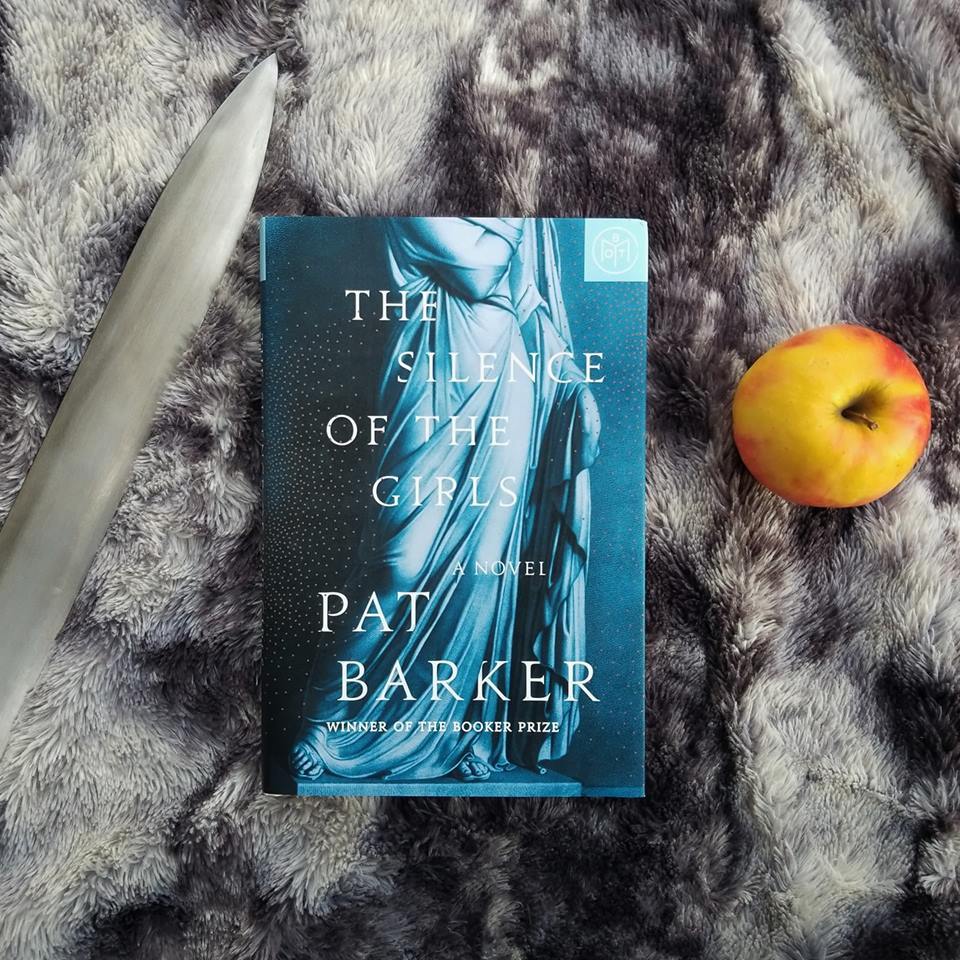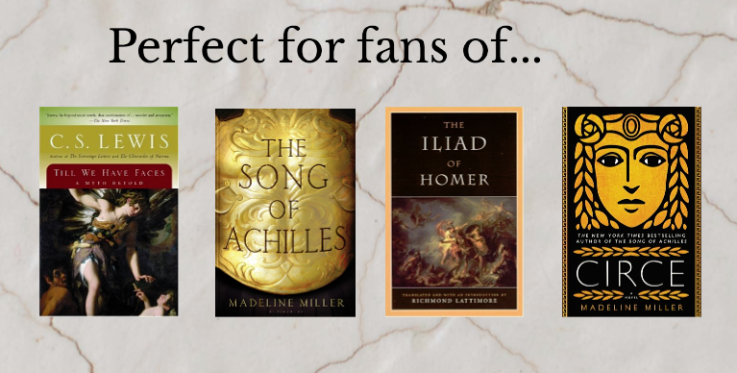
The Silence of the Girls
by Pat Barker
Genre: Historical Fiction, Mythology
Length: 293 Pages
Release date: September 4, 2018
Synopsis:
The ancient city of Troy has withstood a decade under siege of the powerful Greek army, which continues to wage bloody war over a stolen woman: Helen. In the Greek camp, another woman watches and waits for the war’s outcome: Briseis. She was queen of one of Troy’s neighboring kingdoms until Achilles, Greece’s greatest warrior, sacked her city and murdered her husband and brothers. Briseis becomes Achilles’s concubine, a prize of battle, and must adjust quickly in order to survive a radically different life, as one of the many conquered women who serve the Greek army.
When Agamemnon, the brutal political leader of the Greek forces, demands Briseis for himself, she finds herself caught between the two most powerful of the Greeks. Achilles refuses to fight in protest, and the Greeks begin to lose ground to their Trojan opponents. Keenly observant and coolly unflinching about the daily horrors of war, Briseis finds herself in an unprecedented position to observe the two men driving the Greek forces in what will become their final confrontation, deciding the fate, not only of Briseis’s people, but also of the ancient world at large.
Briseis is just one among thousands of women living behind the scenes in this war–the slaves and prostitutes, the nurses, the women who lay out the dead–all of them erased by history. With breathtaking historical detail and luminous prose, Pat Barker brings the teeming world of the Greek camp to vivid life. She offers nuanced, complex portraits of characters and stories familiar from mythology, which, seen from Briseis’s perspective, are rife with newfound revelations. Barker’s latest builds on her decades-long study of war and its impact on individual lives–and it is nothing short of magnificent.


Would you really have married the man who’d killed your brothers?
Well, first of all, I wouldn’t have been given a choice. But yes, probably. Yes. I was a slave, and a slave will do anything, anything at all, to stop being a thing and become a person again.
While it is accurate to say that The Silence of the Girls is a retelling of the Trojan War, that may give you a false impression of the novel. This is not a story about brutality on the battlefield. It’s not a story about the injustice of premature death. While these things make appearances in the narrative, The Silence of the Girls is about the slow, tragic, spiritual death that befalls the women who are held captive in times of war.
The story primarily focuses on Briseis, the unwilling concubine of Achilles. She has been taken as spoils of war and has no opportunity to grieve the deaths of her family before being thrown into Achilles’ bed. Her desperation and simmering resentment are somewhat reminiscent of Offred’s demeanor throughout The Handmaid’s Tale.
I do what no man before me has ever done, I kiss the hands of the man who killed my son.
Those words echoed round me, as I stood in the storage hut, surrounded on a ll sides by the wealth Achilles had plundered from burning cities. I thought: And I do what countless woman before me have been forced to do. I spread my legs for the man who killed my husband and my brothers.
As you might expect, The Silence of the Girls has a fiercely feminist bent to it. The sole aim of this novel seems to be to give voice to women who are largely forgotten in these stories. While it is easy in the abstract to see women like Briseis and know that their fates are tragic, this novel brings that tragedy into sharp focus on each page. Briseis’ day to day life is broken up with moments seemingly designed to break her down. While the nights spent with her captor may be the most sensational aspect of this, perhaps more heartbreaking is are the moments when reminders of her old life bleed into the present in the cruelest ways, such as when she says an enemy solider wearing a tunic she had made for her slaughtered father.
The overall tone of the writing feels very modern considering the subject matter. Depending on yours tastes, you may find it a bit anachronistic or you may simply find it immensely readable. Personally, I thought the style worked very well and allowed the story to flow naturally for a modern audience. And while it deals with tragedy and dehumanization, Briseis seems to find a sense of hope and light, though it may be tinged with anger. Her story will light a fire in your soul.
We’re going to survive–our songs, our stories. They’ll never be able to forget us. Decades after the last man who fought at Troy is dead, their sons will remember the songs their Trojan mothers sang to them. We’ll be in their dreams–and in their worst nightmares too.

Amazon | Barnes & Noble | Book Depository | IndieBound
Thank you for reading! Do you have a favorite modern novel that tells the story of an ancient myth? Do you prefer stories which stick closely to the original mythology or do you prefer when an author puts their own spin on the story? Let’s discuss in the comments!

Other places to follow me…
Tumblr | Facebook | Instagram | GoodReads



Nicely done review.
LikeLiked by 1 person
Thank you. 😊
LikeLiked by 1 person
Fabulous review! I personally like when stories stick to the original. 💜
LikeLiked by 1 person
This sounds INCREDIBLE! Excellent review! I don’t mind at all when historical stories have a modern feel to their writing if it makes it more readable. I’m all about that easy reading. :p
LikeLiked by 1 person
Thank you. And same here when it comes to the language! I saw some reviewers saying they didn’t like it because it didn’t feel like it fit the time period, but to me it made it feel more relatable and personal. 🙂
LikeLiked by 1 person
Beautiful review! This sounds like such a wonderful and powerful read, adding it to my TBR!
LikeLiked by 1 person
Hope you love it! 🙂
LikeLiked by 1 person
[…] Silence of the Girls, by Pat Barker (full review here) This is a retelling of The Iliad told from the perspective of Briseis, who is taken as the […]
LikeLike
[…] The Silence of the Girls, by Pat Barker ⭐⭐⭐⭐⭐ […]
LikeLike